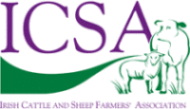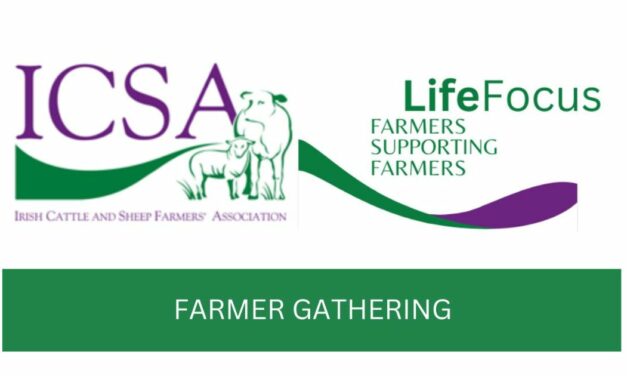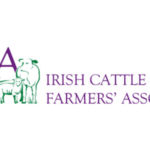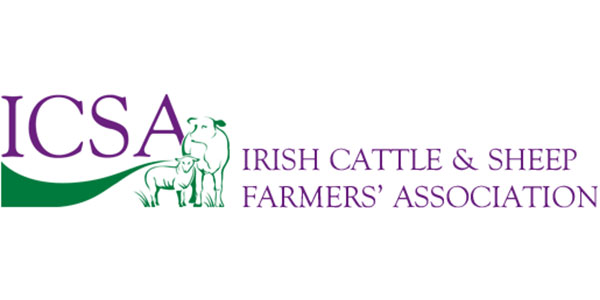
17 NOVEMBER 2020
ICSA Animal Health and Welfare chair Hugh Farrell has said that plans to introduce compulsory prescriptions for routine dosing products for livestock are completely over the top and is calling on the Minister to take a pragmatic approach. “ICSA does not want to see a regime severely curtailing the conditions under which routine wormer and other doses, or vaccines are supplied. We need a more sensible approach.”
“EU regulation 2019/6 still provides for an exemption from prescription control although the grounds have tightened. ICSA believes that the Department has been too quick to rush into pushing for prescription only status for anti-parasitic doses. There is no agreement among stakeholders that this should be the outcome. Instead, there is deep concern that this will lead to an erosion of competition whereas farmers want to be free to choose between vets, pharmacies and licenced merchants.”
Mr Farrell also warned that it was not sensible to have a different regime than that which applies in Northern Ireland. “Apart from the risk of cross border purchasing, the reality is that a tighter regime in the Republic will make our farmers less competitive. We have no doubt that the restrictive regime proposals will add cost through reduced competition and excess bureaucracy.”
He also pointed to the fact that vets are already over-worked and in some locations farmers are finding increased delays in getting vets out to emergency situations. “Having vets tied up doing prescriptions and potentially having to do unnecessary wasteful farm visits will exacerbate the situation where they are not immediately available for an emergency call-out.”
Mr Farrell said that the authorities are citing anthelmintic resistance as a reason for a much more draconian regime. “This is showing a complete lack of respect for the competence of farmers who are at the front line in delivering excellent care for their stock.”
“Farmers are well aware of the problem of anthelmintic resistance. That’s why many suckler farmers have chosen to carry out dung sampling under the BEEP S scheme. Farmers will use scientific measurement to minimise the use of anthelmintics. But it would be misleading to think that there is widespread scope to eliminate or even substantially reduce the need for wormers and flukicides for example. The wet climate is ideal for fluke and many farmers already know the extent of the fluke threat from meat factory examinations of livers.
“Making these doses prescription only is not going to change the fluke challenge on wet farms. There are better solutions than prescription only status which leads to licenced merchants being prevented from offering competition. We are calling on the Minister to ensure we do not tie ourselves up in knots when a more balanced approach is called for.”
ENDS






